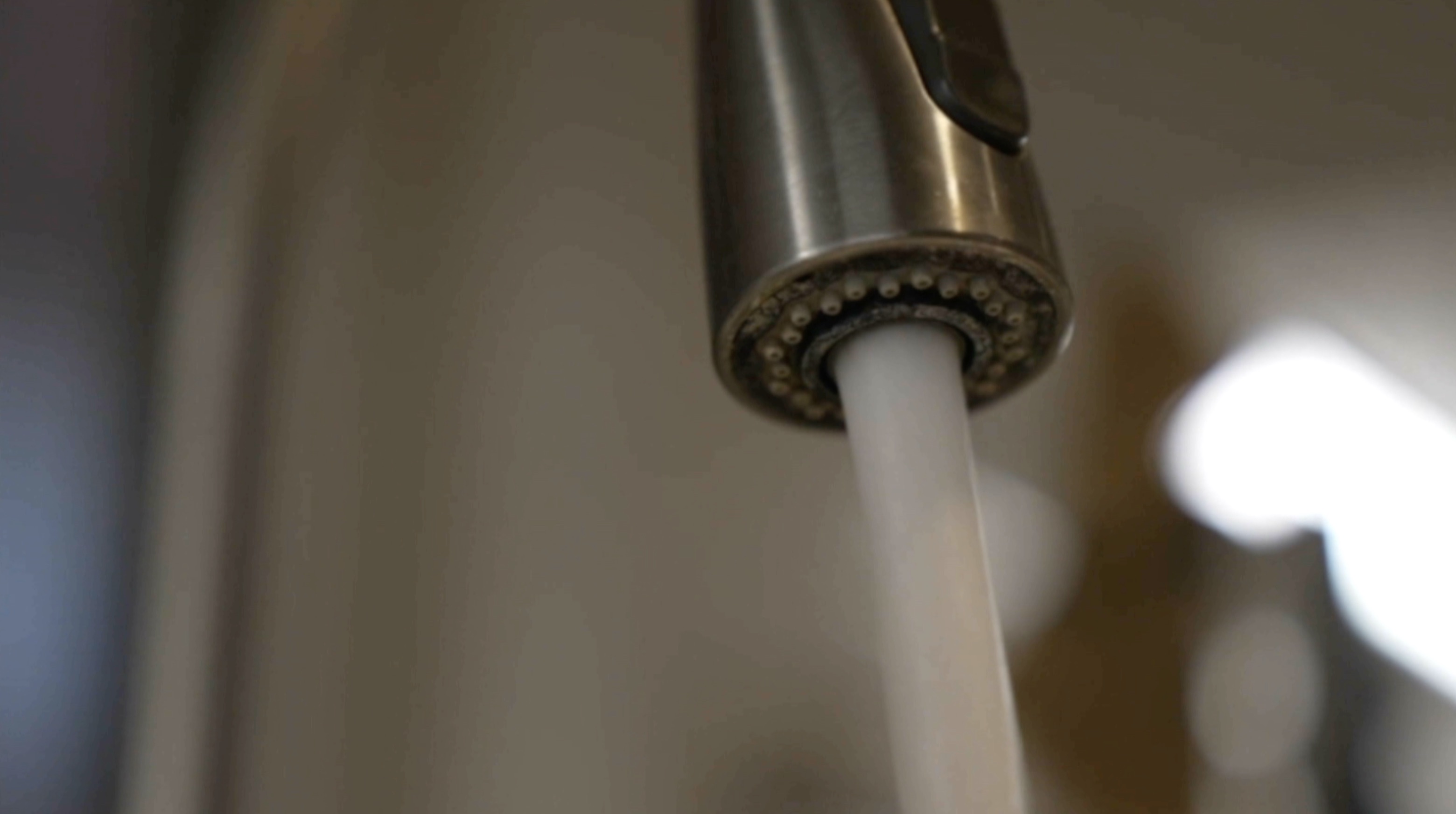BUFFALO, N.Y. (WKBW) — The Buffalo Water Board is weighing significant policy changes, including potential rate increases and water shutoffs for delinquent accounts, as it grapples with a federal mandate to replace all lead water lines by 2037.
Board members are making a policy that would shut water services off for customers who owe more than $1,000 and are at least one year behind on payments, though officials have not specified when or how this would be implemented.
The potential shutoffs come as the board shifts away from the ROLL program, helping low-income families replace lead lines for years. The board has spent millions of dollars on replacing these service lines over the years since the ROLL program was implemented.
During the Buffalo Water Board Meeting, ROLL was paused while they reassessed funding to focus on meeting the requirements of the Environmental Protection Agency.
The EPA's 2023 Lead and Copper Rule (LCRR) requires Buffalo to submit a replacement plan by November 2027. It requires the pipes to be replaced by 2037.
Officials believe roughly 50,000 service lines exist across the city. Water Board Chair Brian Gould acknowledged the massive scope of the challenge ahead.
"The challenge the board is facing probably exceeds a billion dollars, and if we can't do that effectively, that will likely drive your rates up by over 500 percent over a period of time," the water board consultant said.
Below you can watch our previous report on the pausing of the ROLL program.
Board members said they are trying to work with customers while addressing the financial burden.
"We're trying our very best to work with our customers," one official said.
Gould and the Buffalo Water Board Vice Chair William Sunderlin were both critical of the EPA regulations. Sunderlin and Gould explained that there is a lack of state and federal funding to assist with the mandate.
Both board members said that replacing every lead service line in the city would place a massive burden on customers.
"We are preparing a strategy that will work within the customers' benefit by trying to achieve that in the most cost-effective manner," the board's consultant said during the meeting.
Gould clarified that the board is not abandoning its responsibility to replace lead service lines, but is shifting focus from the ROLL program to the federally mandated LCRR program.
"There's been some confusion and potentially misinformation out there. Again, we are not circumventing our responsibility to lead service lines, but we are shifting, as new members of this board, have decided to shift our focus from the ROLL to the LCRR program," Gould said.
WATCH: Buffalo Water Board defends pausing lead-pipe assistance program
The deputy mayor noted that lead contamination occurs after water leaves the facility.
"Lead is not in our treated water supply; it's not in drinking water until it gets into some homes," he said.
How these service lines will be replaced and who will pay for them remains unclear as the board works to comply with federal requirements while managing costs for customers.
"We're working diligently to try and figure out a way to try and find compliance with that rule in a cost-effective manner, but it will be a significant challenge for the water board and its customers," an official said.
This story was reported on-air by a journalist and has been converted to this platform with the assistance of AI. Our editorial team verifies all reporting on all platforms for fairness and accuracy.




